SSQ Mushaira: A night of poetry lovers
Annual mushaira was held at Karachi's Expo Center on March 22
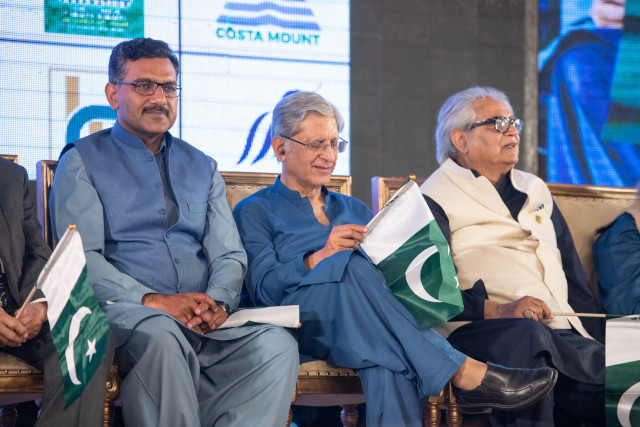
In a tradition that has been going strong since 1989, the Sakinan e Shahr e Quaid (SSQ) held a mushaira on March 22 at Karachi’s Expo Centre. The event, which took a two-year hiatus owing to the pandemic, returned in full swing, attracting an audience of over 15,000 poetry-lovers. Verses were recited well into the morning hours, with several prominent poets taking part in the gathering.
Several established poets took part in the mushaira, travelling to Pakistan from various countries to celebrate the Urdu literary tradition. They included Ashfaq Hussain and Dr Hina Ambreen Tariq from Canada, Khalid Irfan and Irfan Murtaza from the United States, Jamil Ahsan from Sweden, as well as Zahoor Ul Islam Javed from the United Arab Emirates. Poets from India could regrettably not take part in the event due to an NOC not being issued.
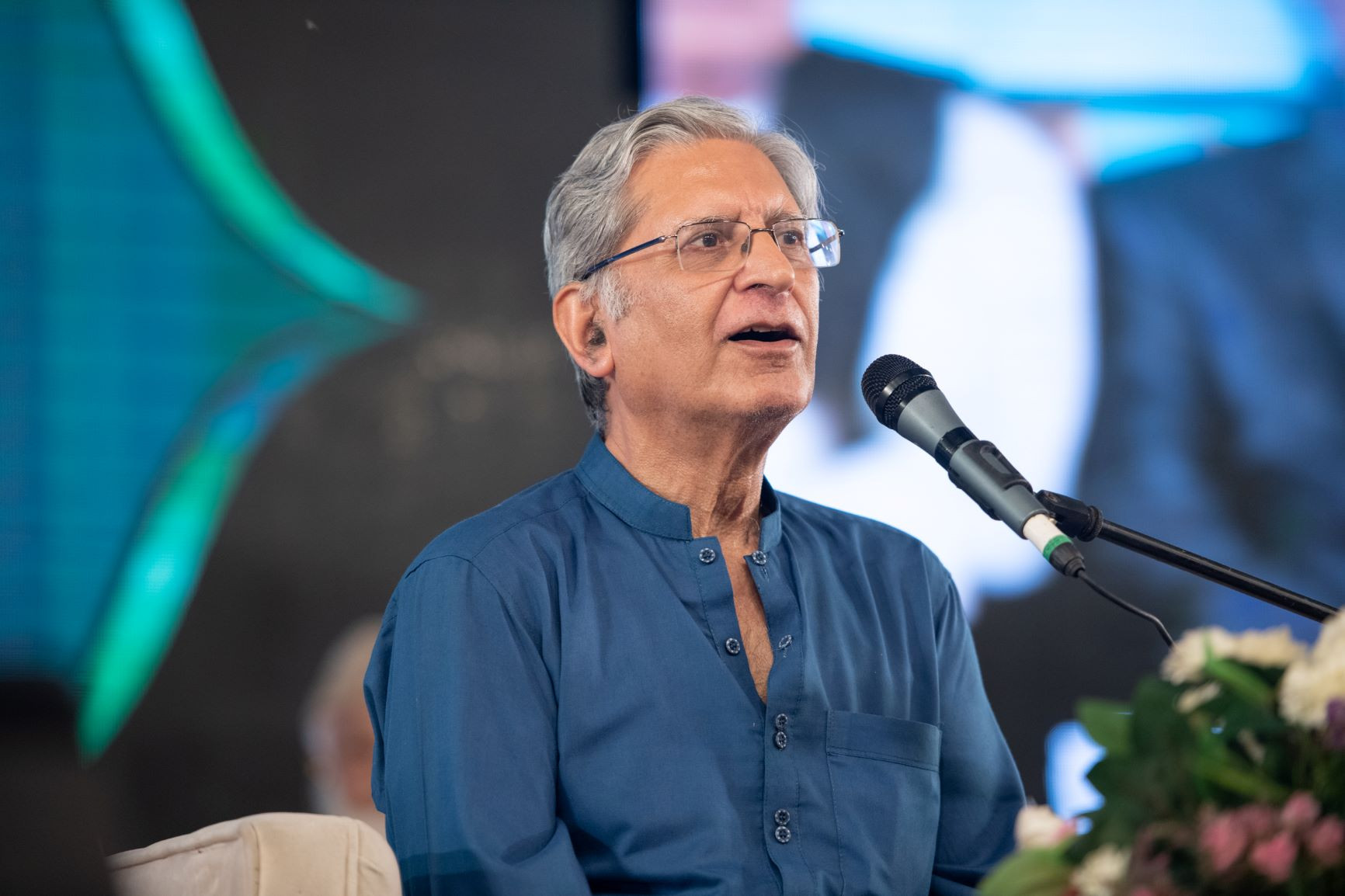
Poets from within the country included greats such as Iftikhar Arif, Amjad Islam Amjad, Dr Pirzada Qasim and other names including Sehar Ansari, Tabish Hussain, as well as Wajih Sani, Ambreen Haseeb and Inam Siddiqui as part of the event. Political and social personalities such as Provincial Minister of Sindh for Labour and Information and Human Resources Saeed Ghani and politician Shehla Raza were also present at the mushaira.
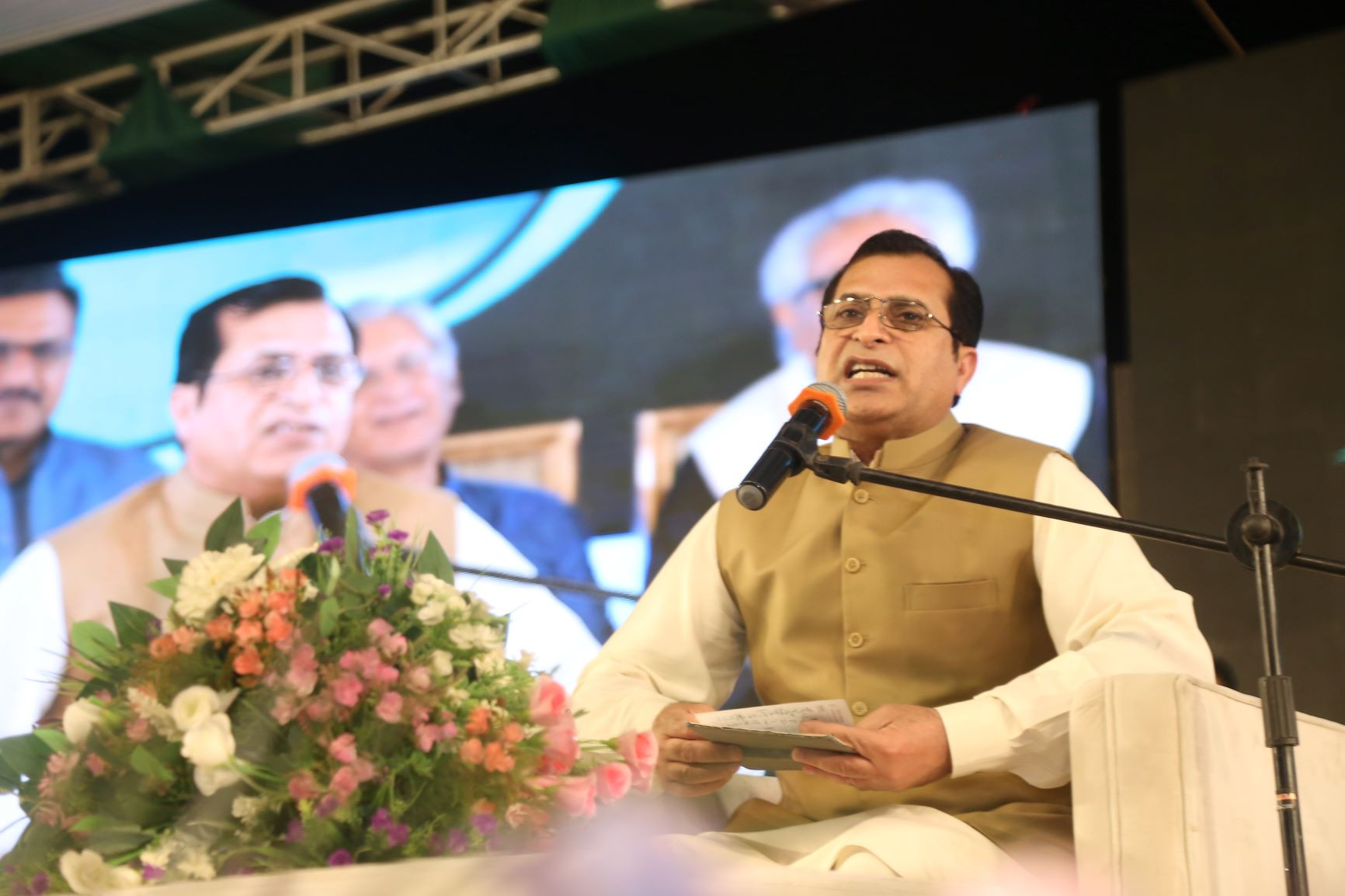
The first-ever mushaira organised by SSQ took place in 1989 at National Stadium, with over 40,000 people in attendance. SSQ was formed by five former Unikarian members from the University of Karachi in 1988 out of a love for Urdu literary culture. The founding members of the organisation were Azhar Abbas Hashmi, Dr Pirzada Qasim, Safwanullah, Masood Naqvi and Nayar Aziz Nasoodi. It was decided by the young poetry-lovers that a gathering to celebrate the art form would be held annually, a tradition that has continued to this day, with this year’s event marking 27 years of it.
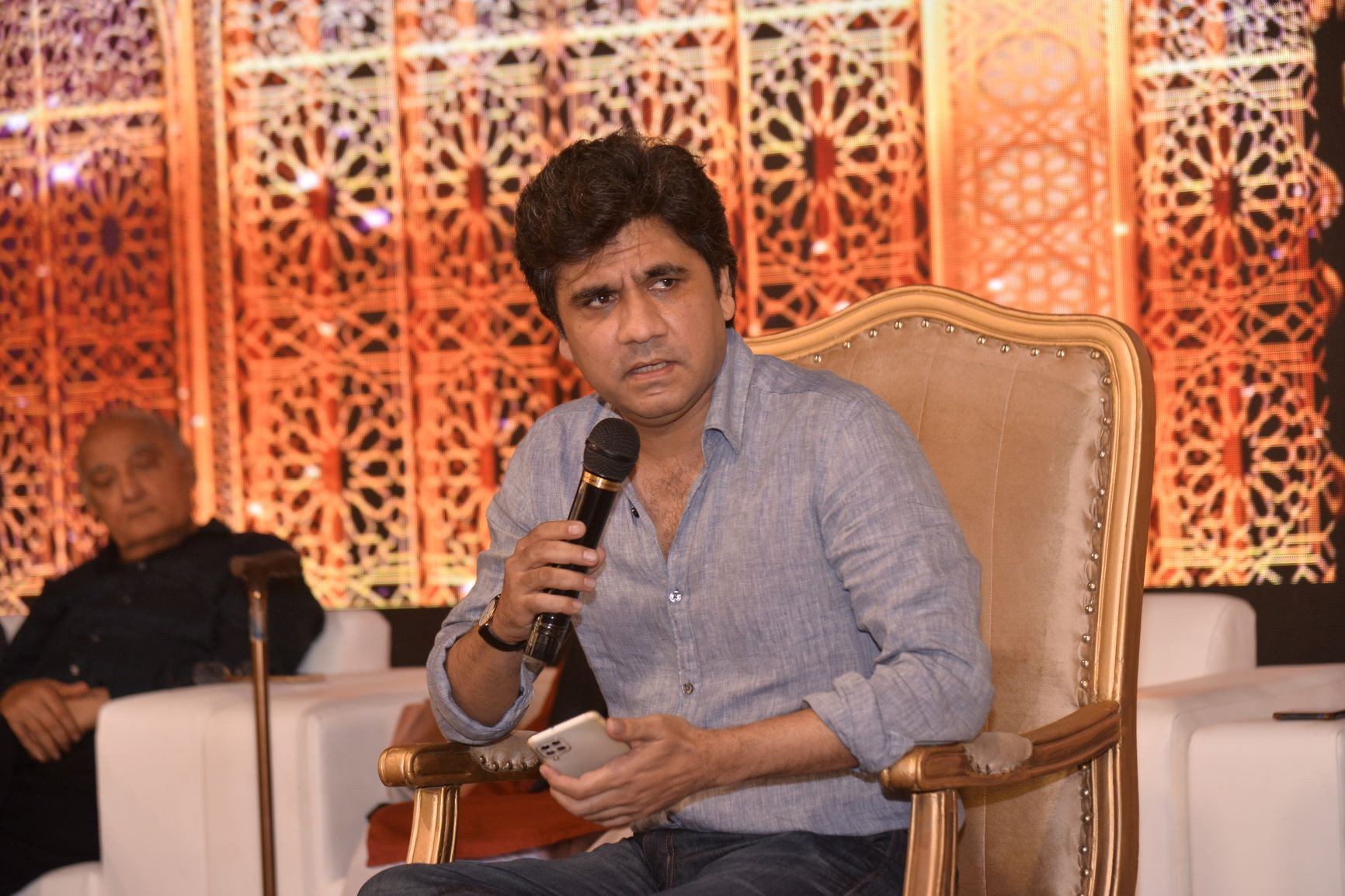
The current chief of SSQ, Mahmood Ahmad Khan made the necessary arrangements for the event, with food and book stalls available at the venue for participants and audience members to enjoy. There was also a cultural corner set up at the event, with an aim to expose the attendees to various aspects of Pakistan’s diverse socio-cultural landscape. As commented by a member of the audience, the mushaira was akin to a family festival, providing something for people of all ages to appreciate.

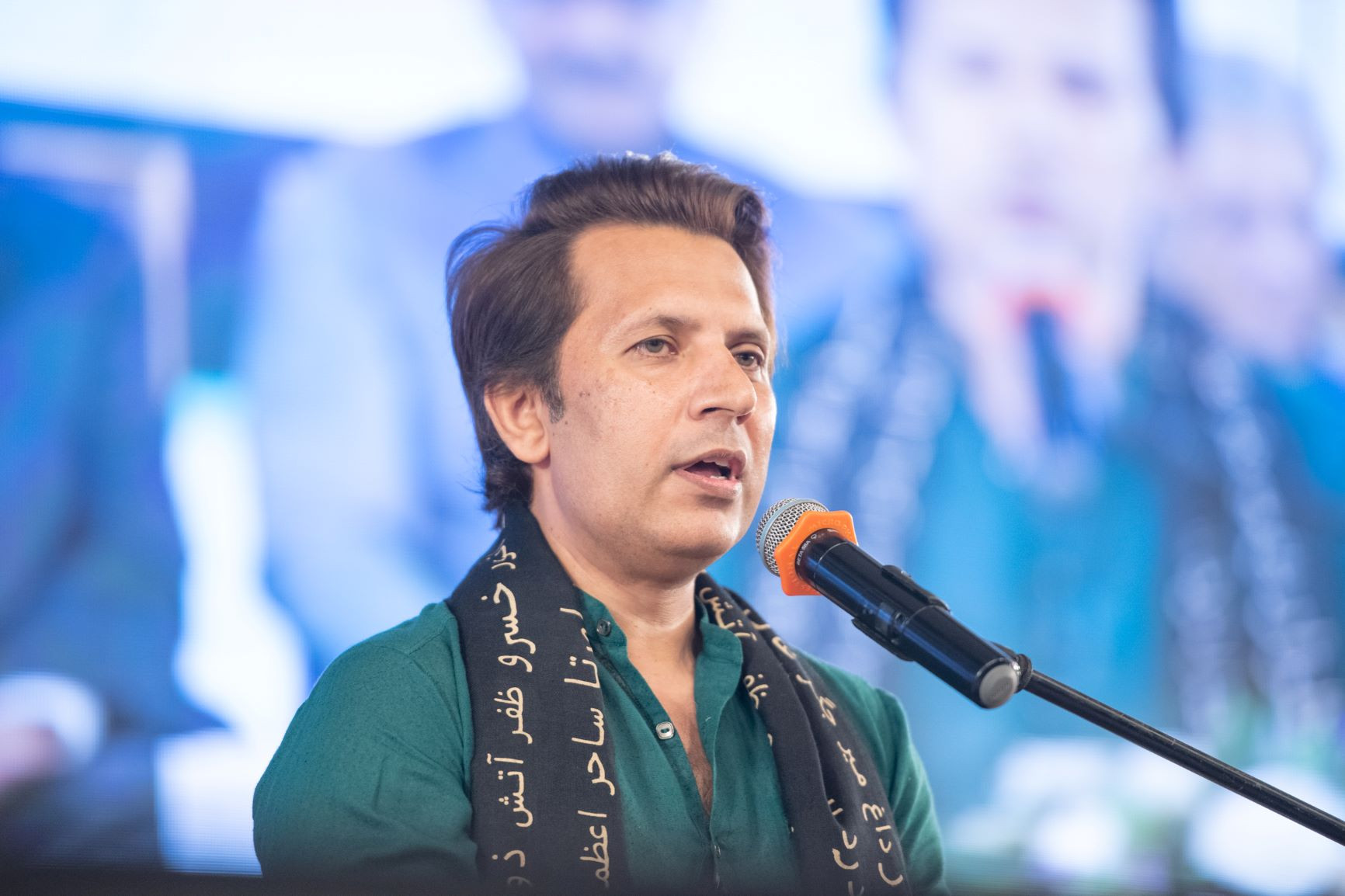
The massive numbers that were attracted by the event testified to a love of literary culture in Pakistan, with Khan thanking the audience for making the event a success, exclaiming that the presence of so many people at the mushaira proved how a love of poetry and literature continues to flourish in society.
The chief guest at the mushaira was noted lawyer and former Leader of the House for the Senate of Pakistan Aitzaz Ahsan, who made a brief speech and also recited some of his own poetry.
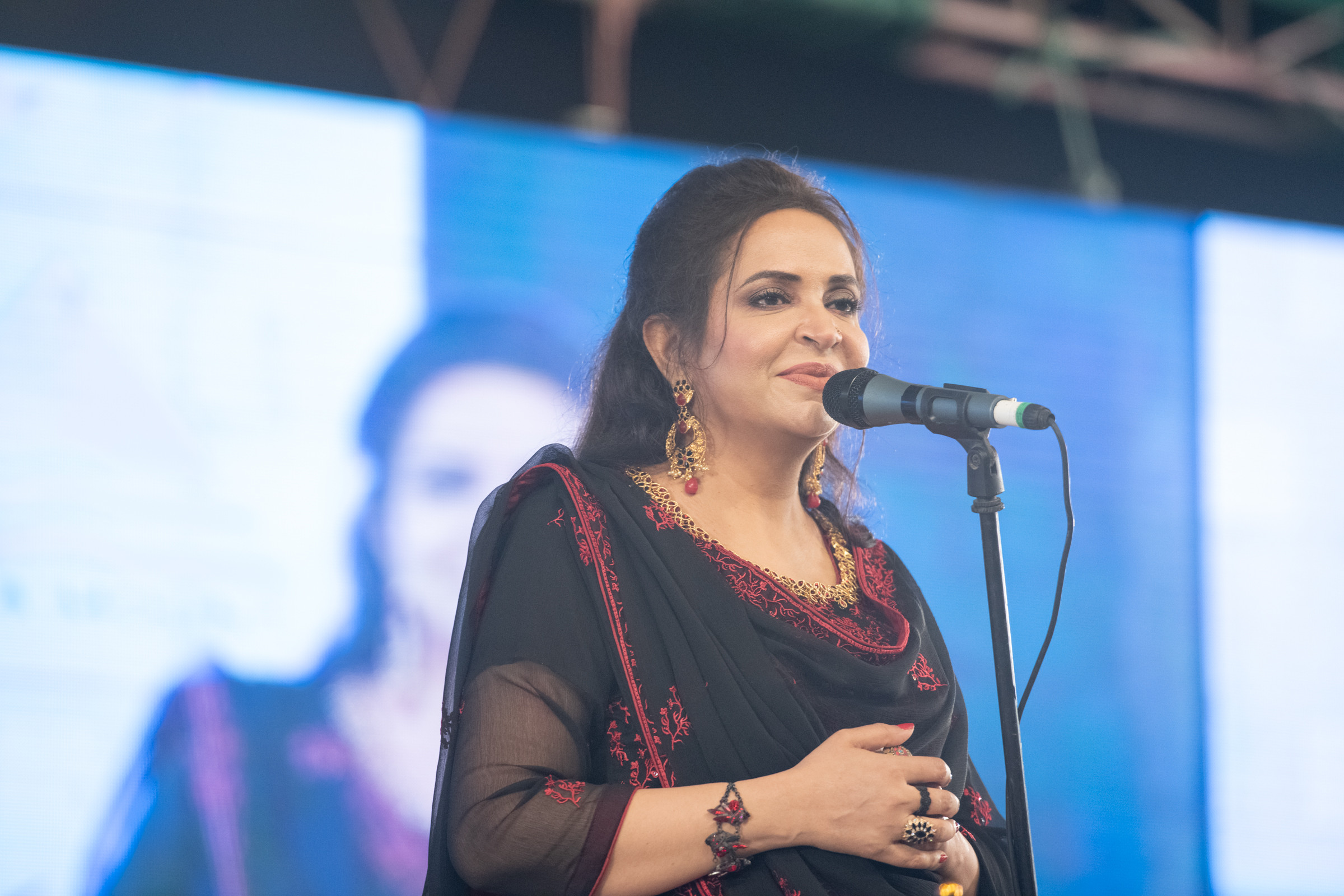
Mushaira, or poetry symposium, is a centuries-old literary tradition of the subcontinent. It is an integral part of North Indian and Pakistani culture and has no cultural parallel anywhere else in the world. Ghazals and nazms, among other poetic forms, are recited with passion and fervour at a mushaira, with the poetry covering subjects ranging from romantic love to revolution.
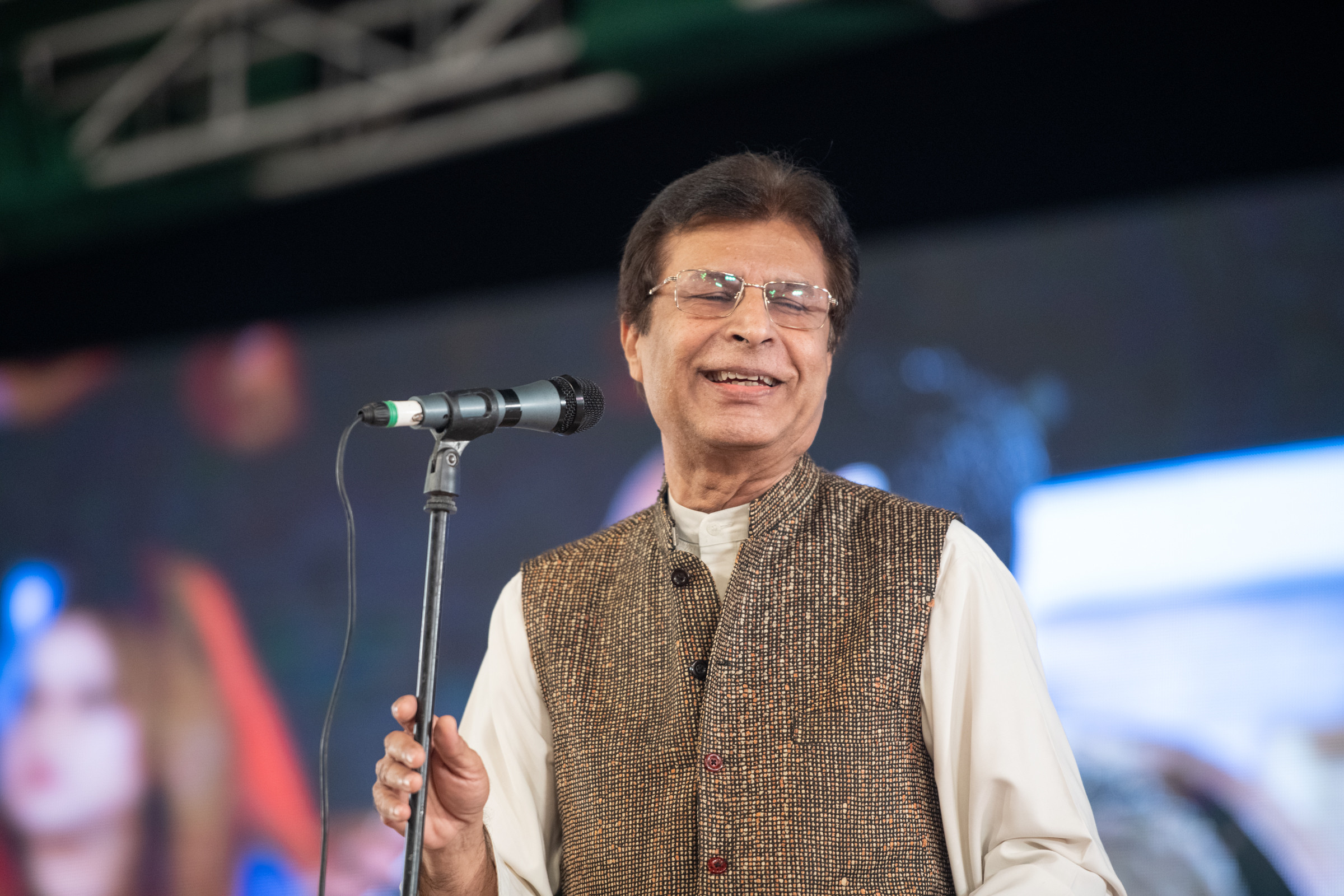
Some theorists suggest that the first-ever mushaira was organised by an icon of the subcontinental literary tradition, Amir Khusrau (1253–1325). However, others reject this hypothesis, claiming that it is only qawwali, not mushaira, that was introduced by Khusrau.
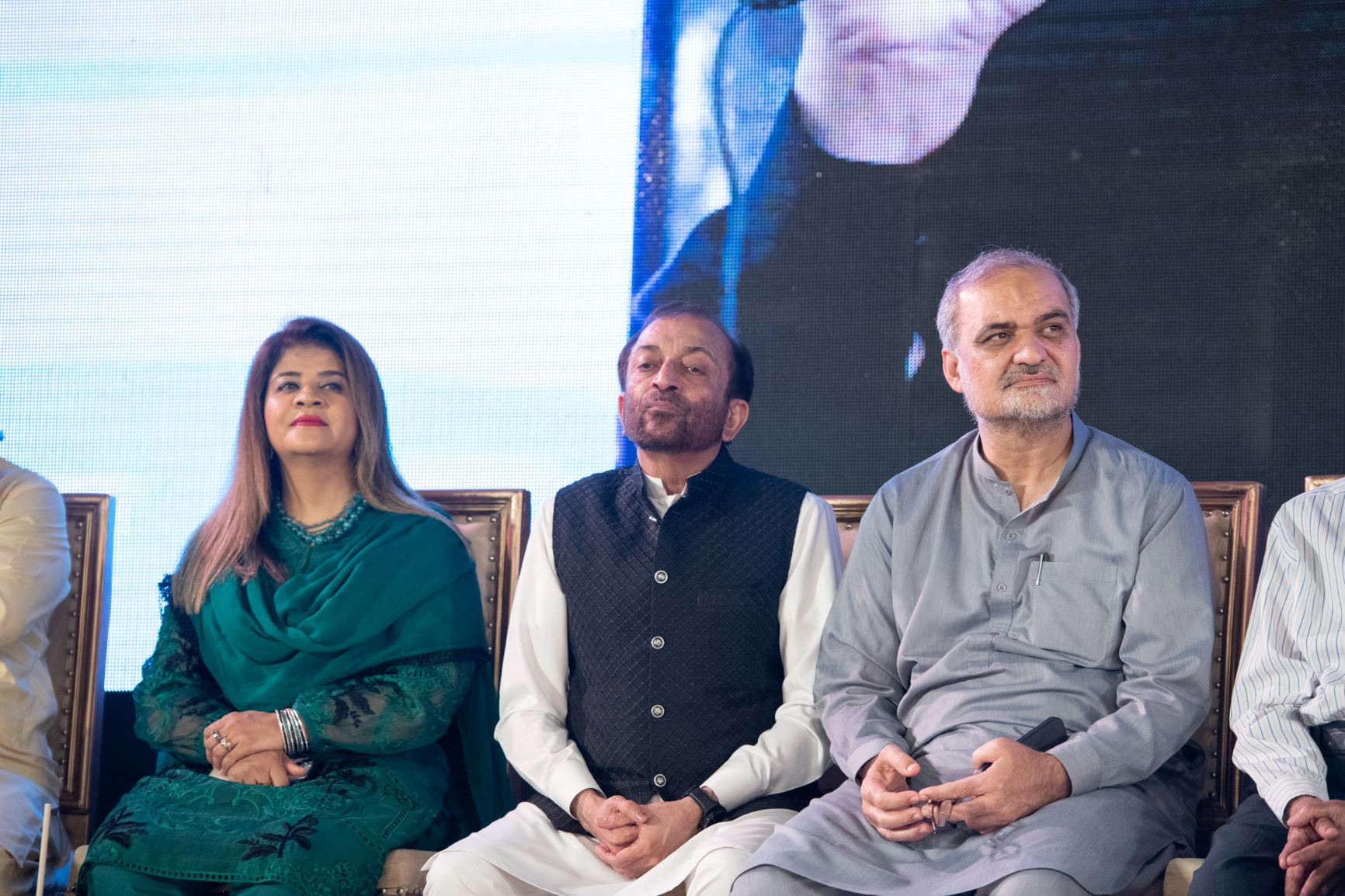
The mushaira, in its current form, is theorised by experts to have originated in the 14th century in Deccan. It was introduced in Delhi by Wali Deccani in 1700, with the poet reciting a collection of his verses in the Deccani language, which is an older form of Urdu, in front of a large public gathering. Up until that point in Delhi, there were no public gatherings specifically devoted to the art of reciting poetry in Urdu, with Persian being the language that was in vogue at the time. Urdu later went on to dominate the literary landscape of the subcontinent.
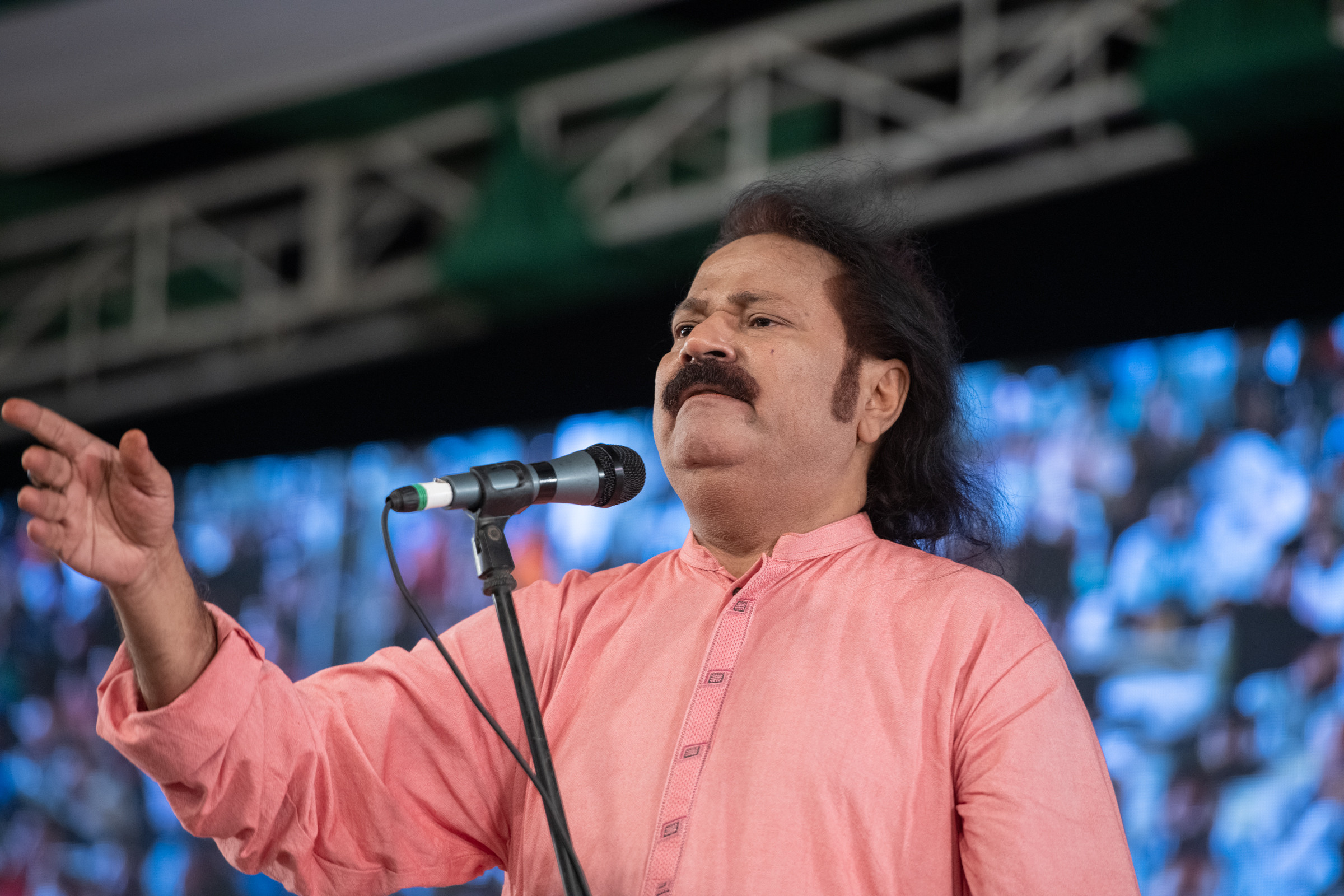
With the passage of time, the mushaira helped develop a fine taste in poetry and a sense of appreciation of the art, which led to poetry being given a special status in the Urdu literary canon. The mushaira helps promote mutual respect and pass on pearls of wisdom during the event to the audience. These events played a key role in the development of the Urdu language as well as its literature.
Have something to add to the story? Share it in the comments below.


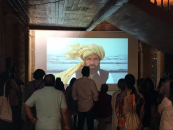
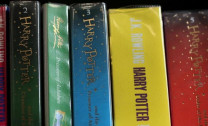















COMMENTS
Comments are moderated and generally will be posted if they are on-topic and not abusive.
For more information, please see our Comments FAQ